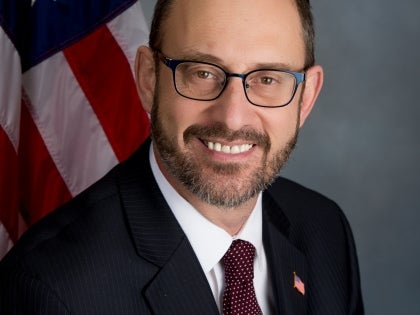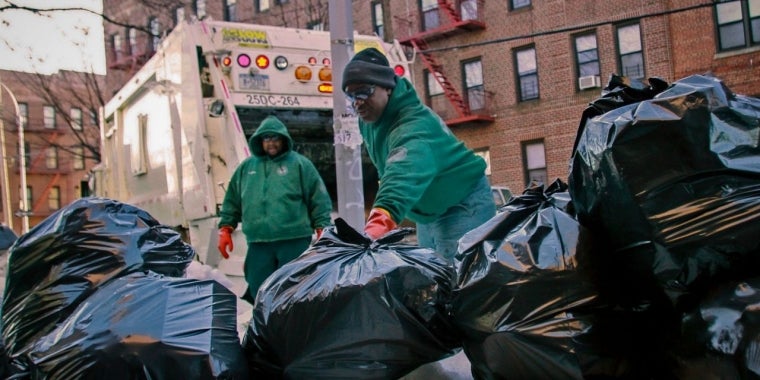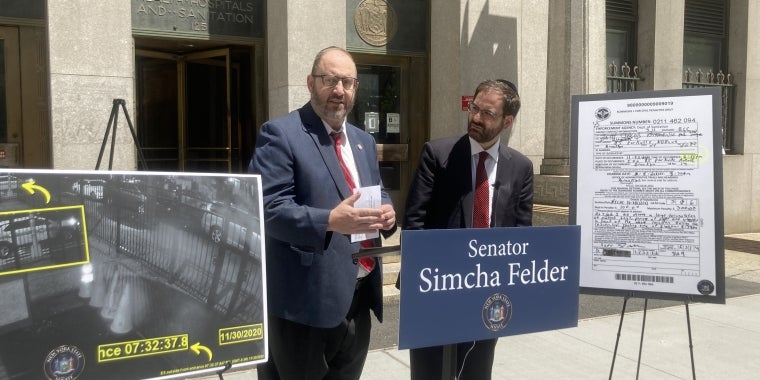
FELDER FIGHTS BACK: Are Sanitation Tickets Targeting Shabbos Observers?
September 30, 2024
-
ISSUE:
- Department of Sanitation
- DSNY

Brooklyn, NY – Senator Simcha Felder has issued a formal letter to the New York City Chief of Enforcement at the Department of Sanitation (DSNY) in response to growing concerns from constituents regarding sanitation violation tickets issued to Shabbos observant residents. Many in the district and throughout New York City have reported receiving fines for placing their trash at the curb before sunset on Fridays, a religious requirement that conflicts with new Sanitation rules.
In New York City, residents and businesses can be fined for setting out trash at the wrong time or in the wrong way. Trash has to be set out after 6:00 PM in a bin with a secure lid, or after 8:00 PM, if putting bags directly on the curb. The Jewish Sabbath begins 18 minutes before sunset on Friday, and as we enter the Fall-Winter seasons it starts earlier each week. Shabbos observers with Saturday collection will need to set their trash at the curb in advance, which will be earlier than DSNY’s Trash Setout Times.
Senator Felder's request is clear. He is urging DSNY to cease the enforcement of sanitation violation tickets for trash setout times on Fridays in neighborhoods where trash collection occurs on Saturdays. By doing so, he aims to protect the rights of New Yorkers to practice their faith without fear of punitive measures.
In his letter, Senator Felder emphasized that the enforcement of sanitation rules must respect the religious practices of all New Yorkers. "For many New Yorkers, placing trash out for collection before sunset on Fridays is not a mere convenience, but a vital aspect of their religious observance and the City knows this. It was made very clear to the administration during the public comment period before the rule change,” said Felder.
"I know this city never met a ticket it didn’t like, but issuing fines under these circumstances demonstrates a real lack of understanding toward Shabbos observant communities. I am urging the DSNY to work collaboratively with community leaders to find a solution that accommodates religious observances while maintaining public sanitation standards.”
Share this Article or Press Release
Newsroom
Go to NewsroomThe Holocaust Education New York Needs
June 4, 2021



